Hydrogen holds huge potential for use in industry, according to Lindlahr. "Environment-friendly hydrogen has very good energy properties and is well suited for use in industry especially for processing basic materials at companies such as Aurubis or ArcelorMittal." Lindlahr noted: "The substitution of the energy carrier, i.e. switching from natural gas to hydrogen is a challenging process. Hydrogen must become more economical to be successful."
The senate’s coalition agreement has set itself the goal of setting up a self-sustaining hydrogen sector despite the expense of the energy carrier. "Environment-friendly hydrogen technology could develop leverage for a new era and help us achieve our ambitious climate protection goals," said Peter Lindlahr, Managing Director of hySolutions GmbH, a public-private partnership that co-ordinates and promotes all activities in the hydrogen and fuel cell technology sector on behalf the City of Hamburg. Lindlahr is the former Senate Commissioner for Climate Protection.
More economical use of hydrogen needed
Imports of hydrogen needed
Research and development are crucial to boosting the efficiency of water electrolysis for hydrogen production.
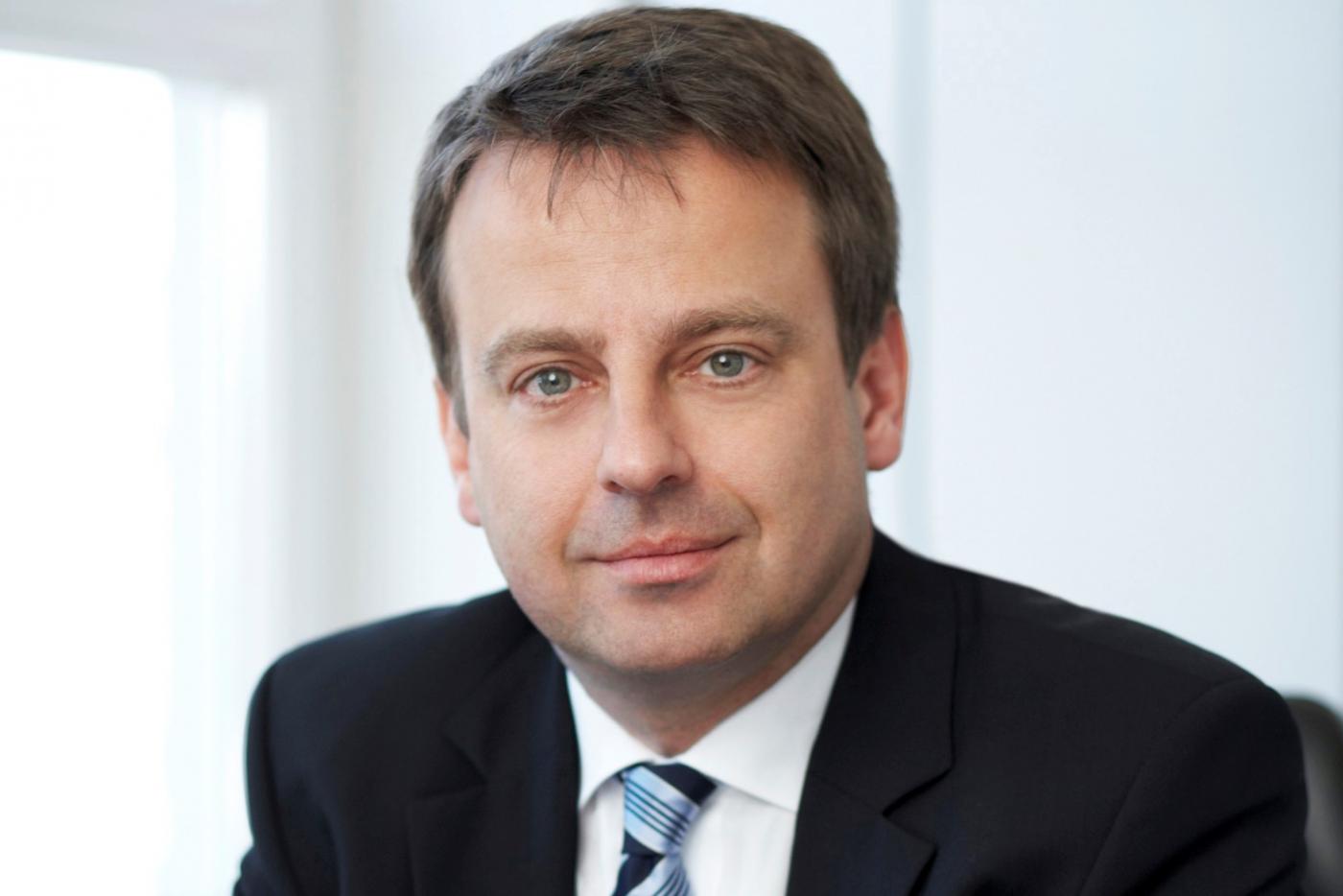
Lindlahr sees a need for a more investment-friendly mood. "We need more possibilities for special depreciation as well as general tax relief and the elimination of state-induced costs, e.g. by abolishing the EEG levy for green hydrogen which is still in place." And the price could drop, if the amount of available hydrogen increases. The coalition agreement also foresees building one of the world's largest hydrogen electrolysis plants in the Port of Hamburg on the site of the Moorburg power plant. However, demand is expected to exceed the targeted generation capacity of 100 megawatts by far. "It will not work without importing environment-friendly hydrogen", Lindlahr predicted. This applies to both Hamburg and Europe. "Naturally, imports of hydrogen by sea hold great opportunities for the Port of Hamburg," he added.
Geostrategic issues affecting Hamburg's future
Scandinavian countries or Baltic states could be potential exporters of hydrogen. "But things are also happening in North Africa and the Gulf states. Plans for a major Moroccan port in Tangier no longer focus solely on liquid natural gas, but also foresee large-scale hydrogen terminals. And the Sultanate of Oman plans to build one of the world's largest hydrogen production plants in the coming years." Thus hydrogen is becoming a geostrategic issue, Lindlahr pointed out. "The German government's decisions over the next months will probably have a major impact on Hamburg's future course." The national hydrogen strategy has earmarked EUR 7 billion for ramping up hydrogen technology in Germany and EUR 2 billion for international partnerships. Hamburg now faces the challenge of getting its share of the monies.
Hochbahn banking on hydrogen
Commenting on the impact of hydrogen on transport in Hamburg, Lindlahr noted: "Industry is the main driver of scaling in terms of demand. Mobility applications are very important, but in terms of the quantities of hydrogen needed there they do not reach the scale of industrial applications." Commercial traffic, i.e. heavy vehicles, rather than passenger car traffic are particularly interesting for fuel cell technology. The changeover is also being driven by the large car companies and start-ups. The Winsen-based Clean Logistics start-up is converting 40-ton trucks to hydrogen. Public transport in Hamburg is also banking on this technology of the future which hinges on Lindlahr unrestricted openness to the technology, Lindlahr stressed. From 2020, only emission-free buses are to be purchased, so that the entire fleet will have been converted by 2035 at the latest.
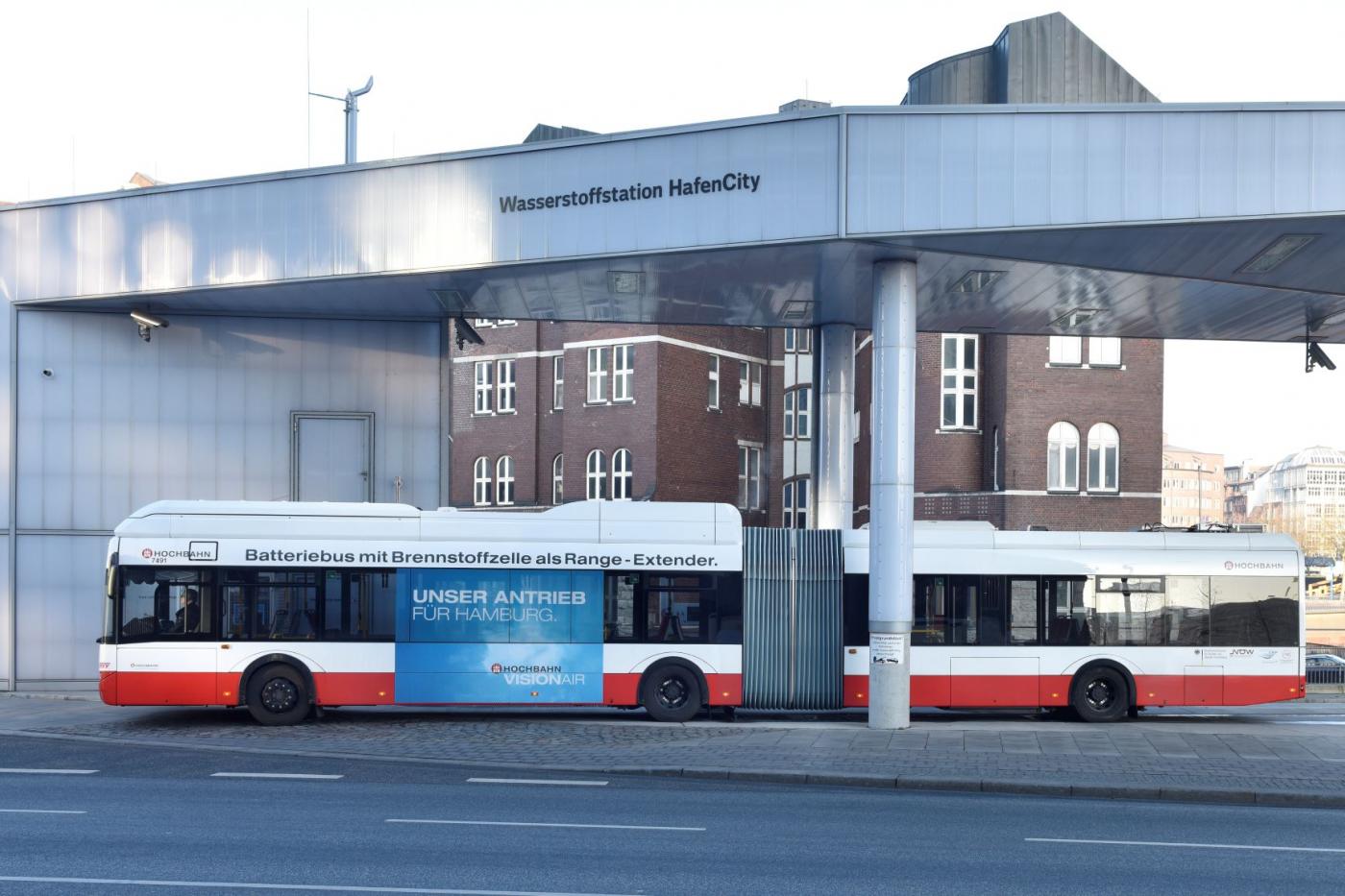
Fuel cell buses are an essential pillar in terms of the overall fleet strategy. Hamburger Hochbahn AG recently issued a tender for up to 50 fuel cell buses for 2021 to 2025.
ys/pb
Sources and further information
More
Similar articles
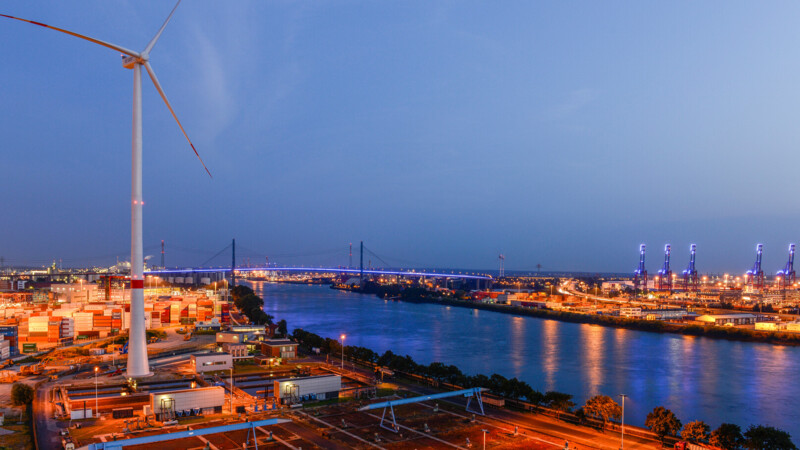
Hydrogen as an energy carrier of the future
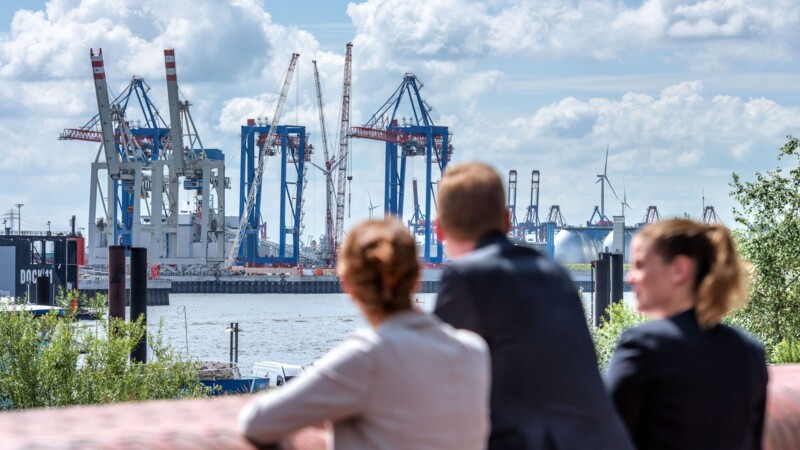
Metropolitan Region eyeing spot as top eco-friendly hydrogen provider
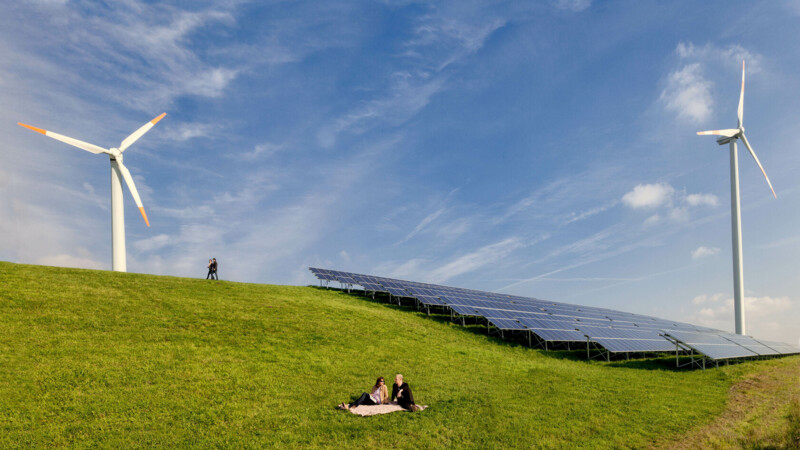
Hamburg's goal of becoming hydrogen centre taking shape
